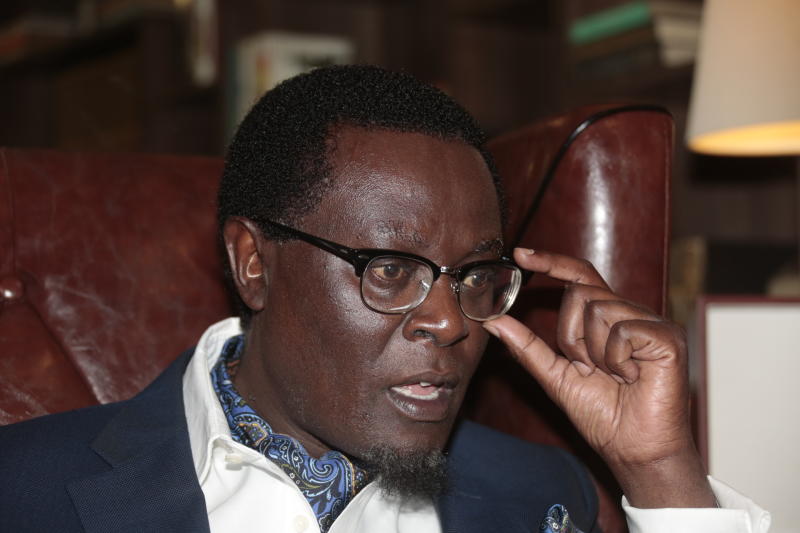×
The Standard e-Paper
Fearless, Trusted News

Political analyst Mutahi Ngunyi. [Boniface Okendo, Standard]
Early this week, Prof Mutahi Ngunyi used an apocryphal quote misattributed to Joseph Stalin, then credited it to a Nikita Kruschev to manufacture voter apathy and superficially justify 2022 election subversion. I advance that Ngunyi’s distorted information is meant to scare citizens from voting. And since the devil lies in the details, it’s easier to know that it’s a mere political whopper—as was the tyranny of numbers.